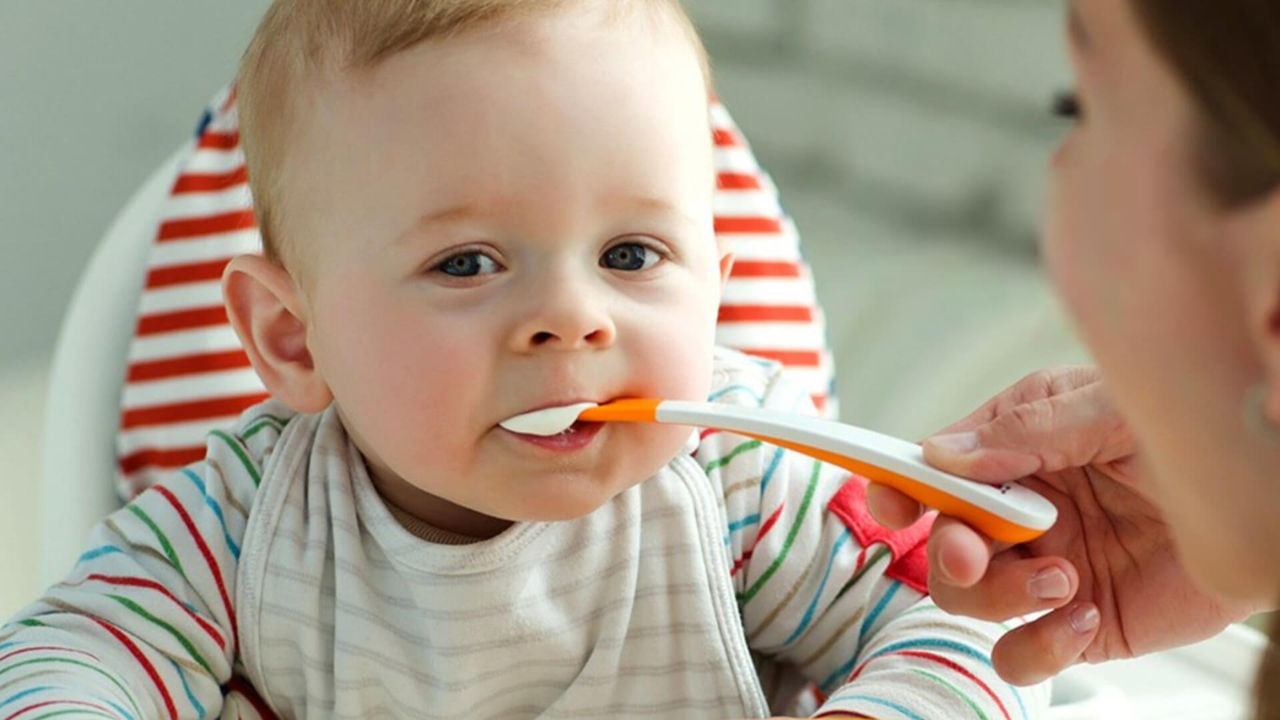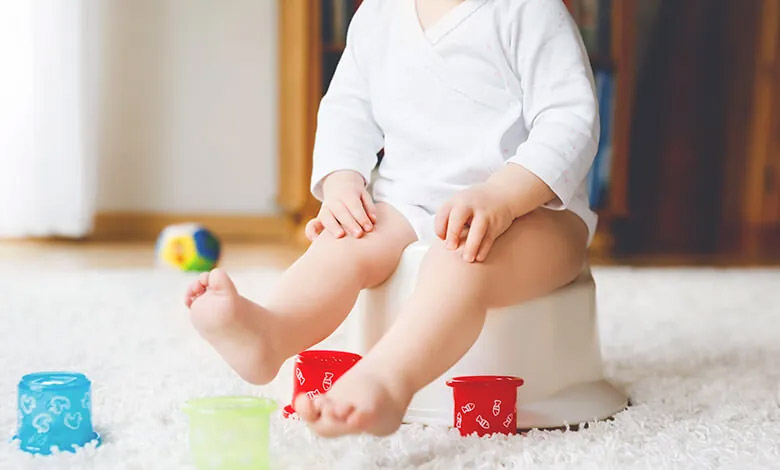Breast milk provides the best nutrition for infants. A common question new mums ask themselves is “is my baby receiving enough breast milk?”. It can be a very emotional time as mums try and decipher if their baby’s cries are due to insufficient breast milk. Without the ability to actually measure how much breast milk their baby is receiving, mums need to use signs to help determine if their babies are receiving adequate milk.
What newborns weigh
The range or weight and size of newborns will vary considerably, but most healthy full-term babies weigh between 2.7 and 4kg (6 – 9lbs) and their length is from 48 to 53cm. A number of factors will affect a baby’s size including gender, birth order, genetics, maternal health, nutrition status, gestational age at birth and baby’s health.
Babies should be weighed by day 5 and again at day 10 to assess their weight gain. It is considered normal for a healthy full-term baby to lose up to 10% of its birth weight in the first few days, but they should be back up to their birth weight within 7-10 days.
Weighing a baby can be one of a few important indicators of how well milk is being transferred and absorbed by a baby. During the first month most newborns will gain on average 140 to 170g per week and grow around 2.5 to 4 cm. Babies are measured along a growth chart where it is expected they will follow a growth curve.
Signs that your baby is receiving adequate breast milk
While weight can be an important tool to assess whether a baby is getting enough nutrition from breast milk, there are other factors to consider and here are some common signs that a baby is well fed:
- After most feeds they appear to be content
- Your nipples and breasts don’t feel too uncomfortable
- You begin to feel your milk “come in” and it changes in colour from golden to white between days 2 and 5 (for some women this process may take a bit longer)
- After feeding your breasts feel softer and emptier
- Your baby is a healthy colour, their skin is firm and bounces back when gently pressed
- After the first few days your baby should have around six wet nappies every day
Signs that your baby may need more milk
If your newborn baby isn’t getting enough milk you may notice:
- They are tired or sleep more
- They are unsettled all the time and fuss after feeding
- They do not seem happy and contented
- During feeding your baby makes clicking sounds, which could mean they’re not latched on properly
- After the first week their skin is still wrinkled
- They don’t have a rounded face after three weeks
- Your baby’s skin becomes more yellow in colour
If you are worried your baby is not getting enough milk, try feeding them more regularly and holding them close to you at times other than feeding time. This will give them the chance to move towards your breasts as and when they feel hungry. We also recommend that you talk with your health care professional about your concerns and have your baby properly assessed by a medical practitioner.
If your baby is still hungry after regular feeding
Some mums find that their baby is still hungry even when they’re being fed more regularly. If this happens, speak to your midwife or call the Nutricia Careline. Our team of experts, including clinical nutritionists, dietitians and midwives will be happy to talk through your situation with you.
If your baby is approaching 6 months, they may be ready to start complementary feeding. Most babies are not ready until around 6 months and mums are advised not to introduce solids any earlier than 4 months. Our Careline can also provide advice on introducing solids to your baby.





